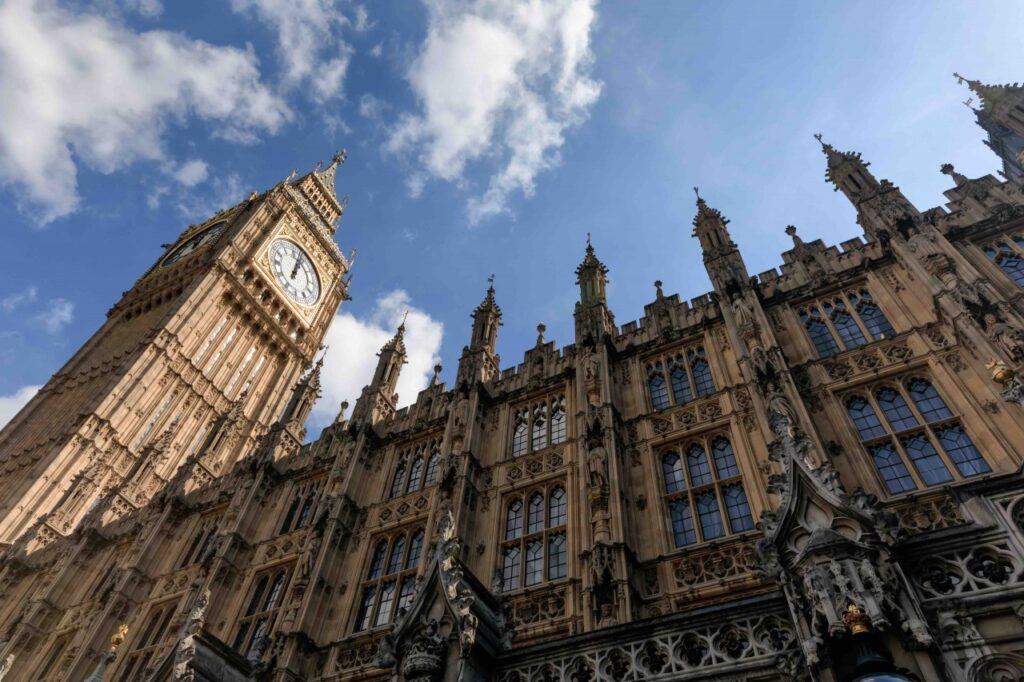
Thank you to all the councils that submitted pen portraits, and took the time to comment on the draft position statement; we’re really grateful for your input. The final statement is below or is available for download here. Please note that the position statement is not DALC’s final communication on the topic of LGR and devolution; this statement is intended to help principal authorities understand the importance of the town and parish sector.
Some of what you need to know about towns and parishes in the face of Local Government Reorganisation.
Over the last couple of months DALC has engaged with its members to find out their views and concerns regarding LGR. As part of this, councils were invited to send in pen portraits of their councils and communities. The information gained has contributed to this paper.
1 All towns and parishes:
care passionately about their communities
2 Local council finance and functions
Altogether, Devon local councils precept for £25,000,000 approx. to enable them to carry out their functions and invest in their communities. This is local delivery that contributes to the resilience, well-being and quality of life for residents across the county.
All towns and parishes:
This is the baseline picture. All parishes carry out these functions. Many do much more, including some or all of these: housing provision, buying, developing and managing community buildings and facilities such as cinemas and museums; land management; delivering regular community events, providing youth services; preparing Emergency Plans and Neighbourhood Plans
3 Local councils’ principal concerns are:
These concerns are shared across the county by large and small parishes.
4 Local council aspirations for their communities include:
5 Local councils aspire to achieve with other authorities in the local government sector both now and in the future:
Many councils are willing to take on assets and provide local services to their communities which might otherwise be lost under LGR. Some smaller parishes currently rely on delivery for some services from their district and the county council. If these arrangements are going to change under a new unitary authority, they need to know. Some district councils have started to engage with town councils on asset transfer. However, our sector cannot be regarded as a handy drop off point for loss-making assets and services. The sector needs to know what statutory services any new unitary will provide under any proposal and what that will look like in practice. The sector needs to know what the vision is for town and parish engagement under any unitary proposal. The town and parish sector must be included in the discussions on arrangements for future engagement, cooperation and collaboration with any proposed unitary. LGR is an opportunity to deliver effective localism, with Devon’s communities determining the services they need and a locally accountable and accessible body to deliver them. DALC supports the establishment of new parish councils in areas which are currently unparished, and can offer advice on this process. DALC will not support any specific proposal for LGR unless it is clearly the view of towns and parishes in our membership but it will use the evidence coming from members and continue to work with members to identify the extent to which any proposals meet the aspirations of towns and parishes to play an effective as opposed to side-lined role in local government. We prefer to see proposals that set out clearly the way in which towns and parishes will not only be included in discussions but also be seen as a crucial conduit for conveying community messages to unitary and public sector delivery structures on services provision and design and to be actively used to convey messages back to the community. This implies a need for appropriate mechanisms to be built into any network or partnership proposals. For example, there could be clear consultation and involvement methods resourced with simple accessible structures, in which the local council sector is seen as the natural partner in innovation, initiation and monitoring of services to communities and be engaged with the unitary as a key partner in achieving them. |